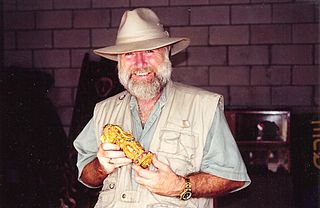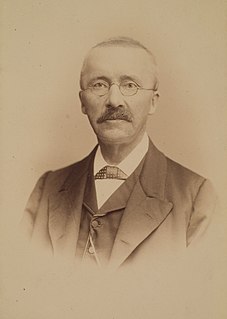A Quote by E. Lee Spence
My drug of choice is historical research.
Quote Topics
Related Quotes
I drink a lot of beer, and that's the drug of choice. You find the drug that works for you. I know, for instance, this guy named Harlan Ellison - and he's not alone - who's very proud of the fact that he doesn't put dope into his body. He tries not to put additives into his body, or anything like that. But he can afford to do that because Harlan's drug of choice is Harlan.
Africans and persons of African descent must assume the primary responsibility and leadership in historical research....if we are to continue to leave practically all important historical research and writing concerning the black race to the white man, then we must be prepared to accept, uncomplainingly, the white man's point of view.
Drug companies spend more on advertising and marketing than on research, more on research on lifestyle drugs than on life saving drugs, and almost nothing on diseases that affect developing countries only. This is not surprising. Poor people cannot afford drugs, and drug companies make investments that yield the highest returns.
If Holocaust happened, then those who bear the responsibility for it have to be punished, and not the Palestinians. Why isn't research into a deed that occurred 60 years ago permitted? After all, other historical occurrences, some of which lie several thousand years in the past, are open to research, and even the governments support this.




































